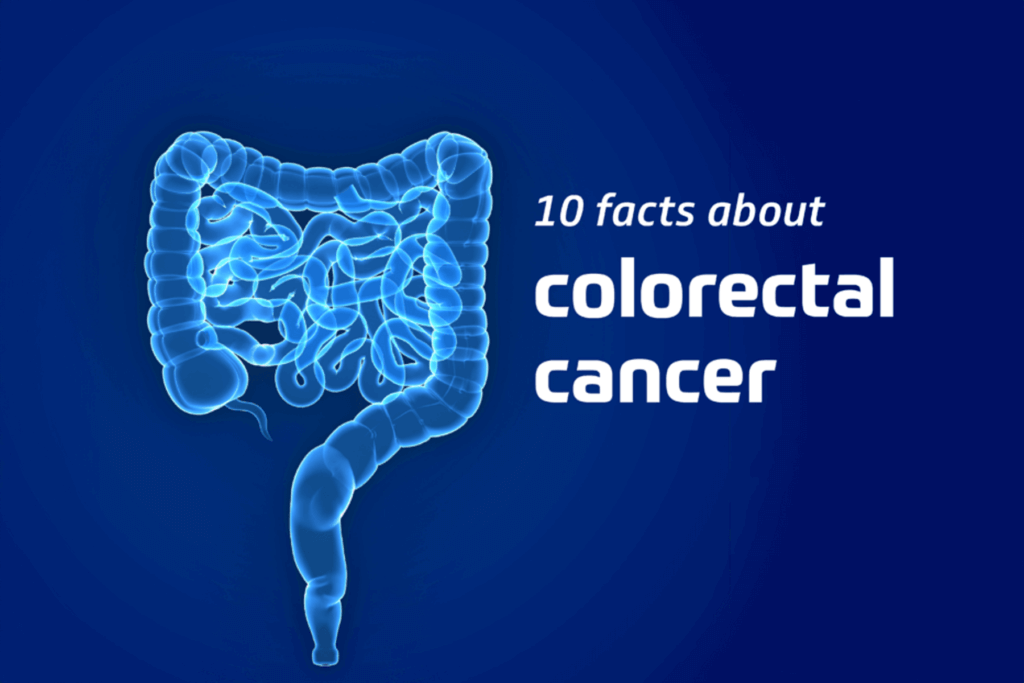10 Facts About Colorectal Cancer

Article updated 3/15/2024
Colorectal Cancer is one of the most commonly diagnosed cancers in America, but the good news is that it can be detected early and defeated. Here are 10 facts about colon and rectal cancer that everyone should know:
Fact #1
Colorectal cancer is the 4th most common cancer diagnosed in the United States.
In 2023, there were an estimated 153,020 new cases of colorectal cancer diagnosed in the United States. That number represents 7.8% of all new cancer cases.
Fact #2
Of all cancers that affect both men and women, colon cancer is the second leading cause of cancer deaths in the United States.
In 2023, there were an estimated 52,550 deaths from colorectal cancer, which is about 8.6% of all cancer deaths.
Fact #3
Race and ethnicity play a significant role in colorectal cancer risk, screening rates, diagnosis, and treatment.
- African Americans are 20% more likely to be diagnosed with colorectal cancer and 40% more likely to die from it than members of other ethnicities.
- Less than 50% of Asian Americans are up-to-date on their colorectal cancer screenings.
- Indigenous people experience higher rates of colorectal cancer than the Caucasian population.
- Ashkenazi (Eastern European) Jewish individuals face the highest rates of colorectal cancer among nearly any ethnic group.
Fact #4
25-30% of people diagnosed with colorectal cancer have a family history of the disease.
Fact #5
Lifestyle factors may play a role in colorectal cancer risk.
Sedentary lifestyles, diets low in fruits and fiber, obesity, alcohol use, and smoking may also increase the risk of colon cancer.
Fact #6
Screening saves lives.
Regular screening should begin at age 45 for those at an average risk. However, screening should begin earlier in life for those with a close family member with colon cancer, those with inflammatory bowel disease, or those with genetic syndromes that increase the risk of colon cancers.
Fact #7
Colorectal cancer always develops from precancerous polyps.
Colon cancer almost always develops from precancerous polyps in the colon or rectum that can be removed during a colonoscopy before they turn into cancer.
Fact #8
Different screening methods include various blood and stool tests and/or colonoscopy.
Talk to your provider about what screening test is right for you.
Fact #9
Symptoms of colorectal cancer include:
Blood in the stool, changes in stool size, persistent stomach pain, unexplained weight loss, and changes in bowel habits (unrelenting diarrhea, for example).
Fact #10
60% of colorectal deaths could be prevented.
1 in 3 people are not up-to-date with their colorectal cancer screenings.
Stay up-to-date on all of your cancer screenings with a trip to your Primary Care Provider.